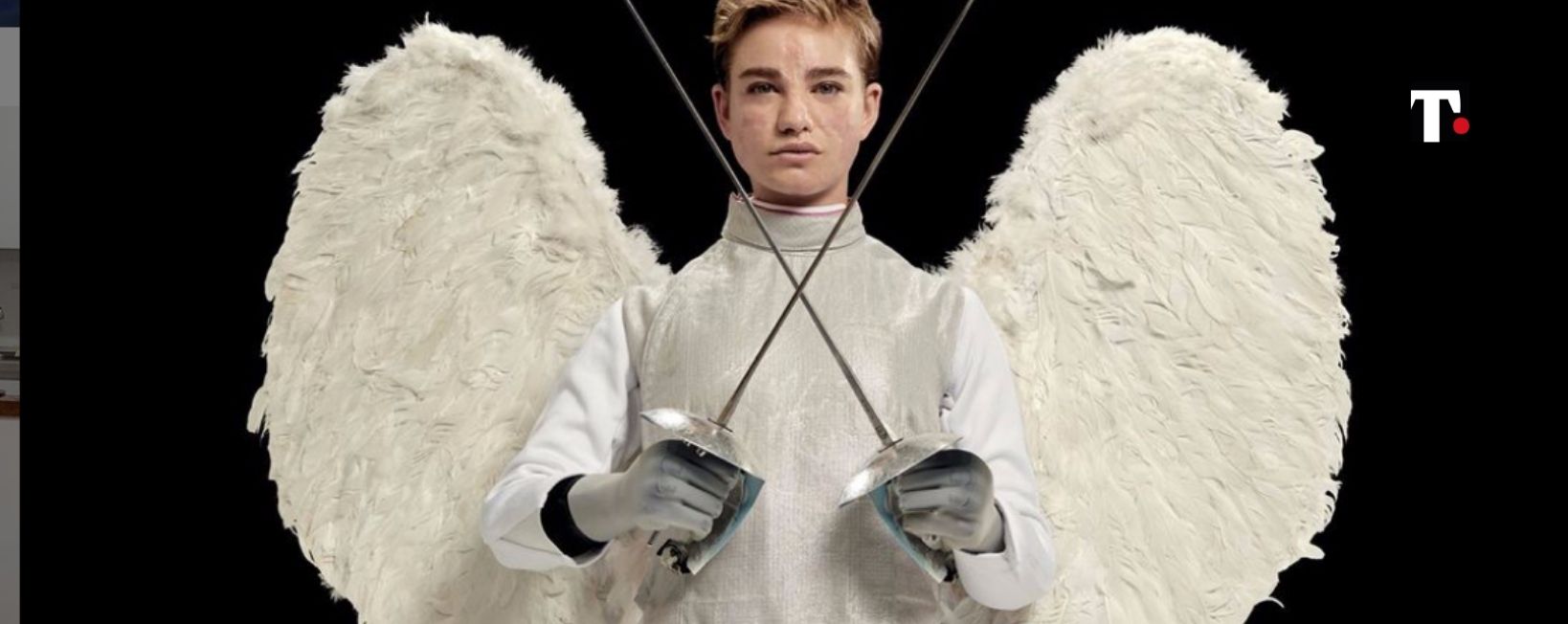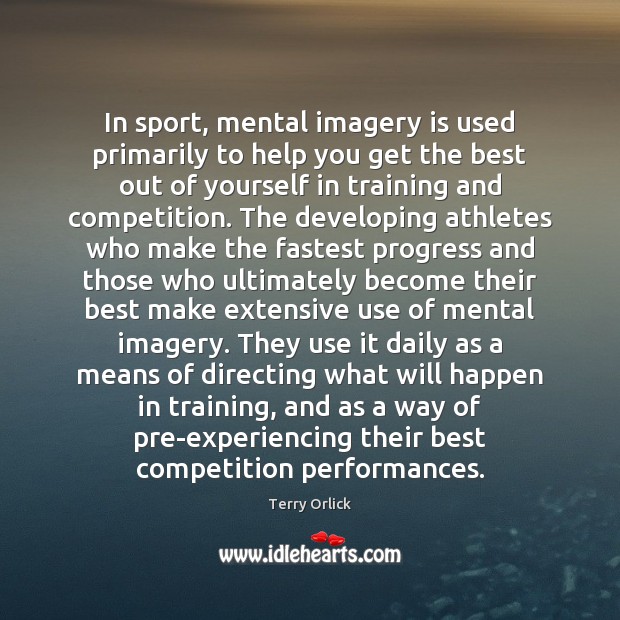Source: English Institute of Sport
For those who compete, coach or form the vital support teams around athletes, the Olympic and Paralympic journey is full of emotion, from elation to disappointment and everything in between. Each Games is unique and the postponement of Tokyo 2020, the on-going pandemic and the COVID safe measures at the Games, are just some of the additional factors that will contribute to the waves of emotion that all involved are likely to go through.
Experiencing a range of emotions before, during and after the Games is completely normal and in a bid to help athletes and support staff to positively process the emotional experience of the Tokyo 2020 Games, the English Institute of Sport (EIS) Psychology team will be working closely with sports on a post-Games period of Performance Decompression. This applies to those who have attended the Games, and those providing remote support whether technical or operational. We have all been in this together.
Head of Performance Psychology at the EIS Dr Kate Hays explained:“Utilising knowledge from research both in sport and the military, alongside extensive practical experience, we have evolved existing decompression processes. We have created this process to help all involved in the Games to transition from one cycle to the next in the most effective manner possible. This hopefully provides the opportunity to reflect on and recognize what has been experienced, gain a sense of closure, and facilitate a smoother transition to what comes next.
“During decompression, there will be time for congratulations on what has been achieved, contextualizing experiences and for the management of expectations concerning return to training or moving on to the next chapter.
“We will be working really closely with our Mental Health and Performance Lifestyle teams so that any stress experienced can be effectively acknowledged, monitored and appropriate referrals can be instigated.”
The four phases of the decompression process are as follows and the EIS Psychology Team will facilitate guidance around ‘Time Zero’ (stage 2) and training on ‘Process the Emotion’ (stage 3):
- Hot debrief
- Time Zero
- Process the Emotion
- Performance debrief
Time Zero focuses on restorative care to create balance in a soothing space where no focus is on achievement. This break involves:
- Live in the moment – engage in the now
- Ride the wave – know that it’s okay to feel a range of emotions
- Connect with others – be with friends and family

The next stage is Process the Emotion, which focuses on making sense of the emotion that surrounds performance and is split into six phases. This stage will celebrate the positive and explore what was challenging. It will also highlight strengths and skills which can be utilised in the next steps.
Whilst this work was developed for sports and athletes who have been in Tokyo for the Olympics and Paralympics, the decompression process will also be rolled out to staff at the EIS.
Towards the end of 2020, the Psychology team launched Lockdown Debrief training within the EIS to help our people process the pandemic and the range of experiences we all went through.
As well as experiencing the debrief themselves, Line Managers were upskilled to deliver the training to ensure everyone at the EIS had the opportunity to participate in a Lockdown Debrief. This same approach will be utilised with ‘Processing the Emotion’ of the Games.
Rolling this decompression work out across the EIS will allow everyone to process the Olympic and Paralympic Games, something our staff have worked towards and contributed to during this unique cycle, whilst tying into our values of We Care and We Collaborate.








